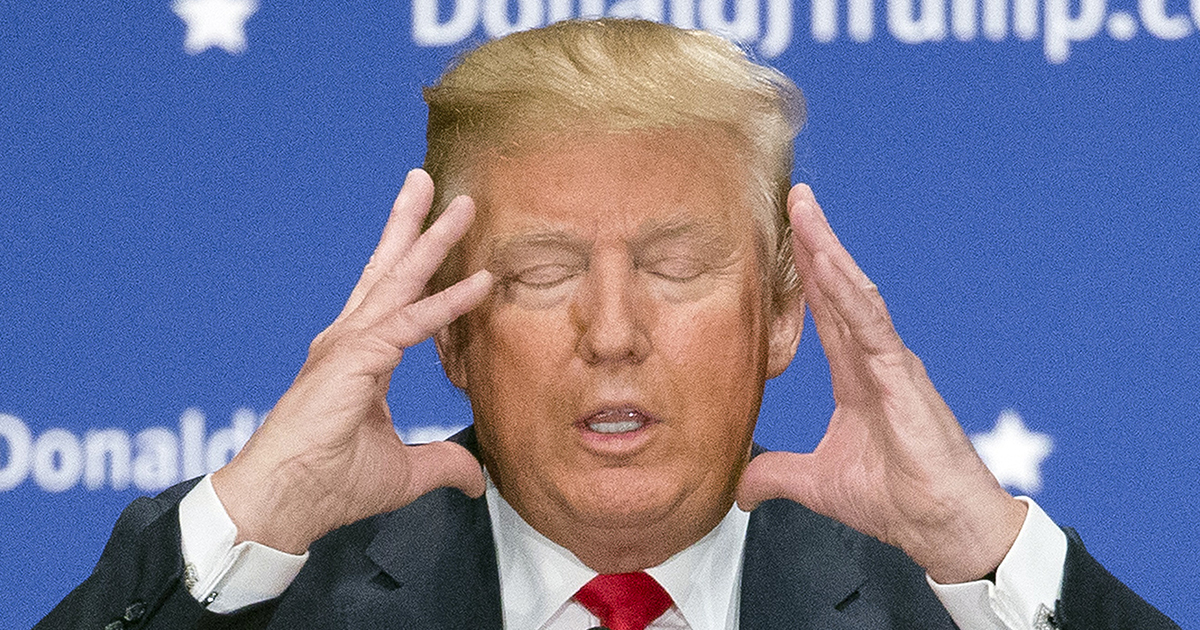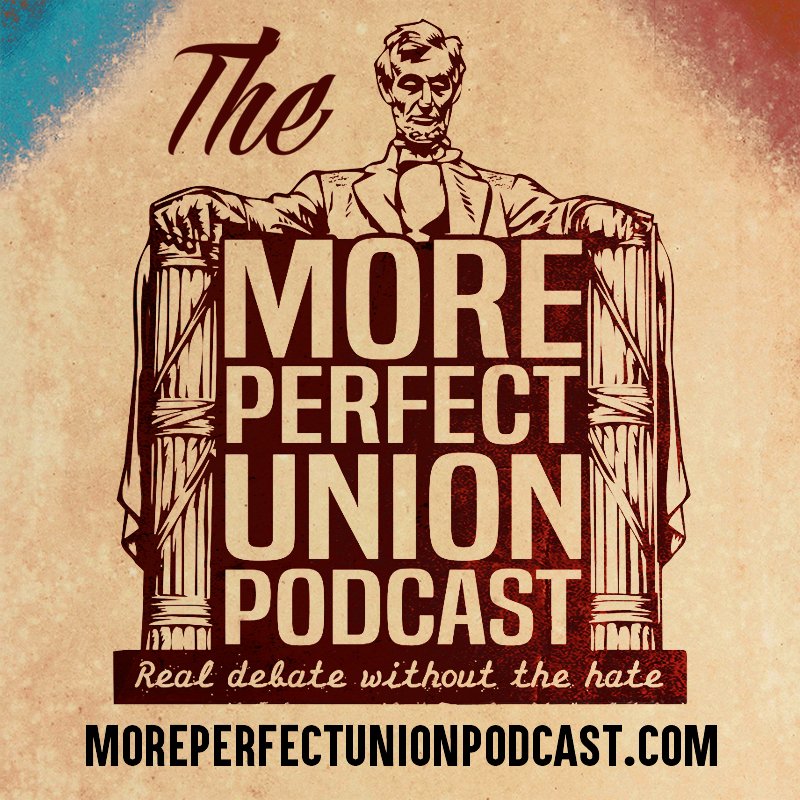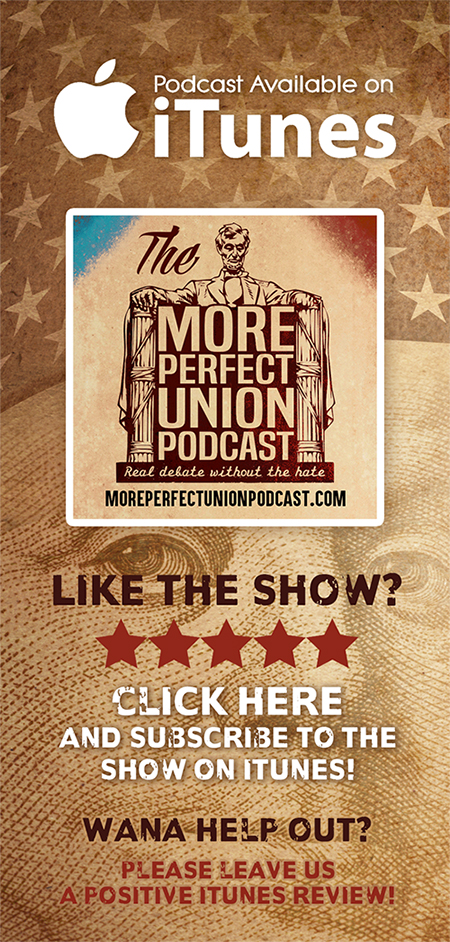

I’m Fed Up With Trump’s Ramblings on Monetary Policy

I’m Fed Up With Trump’s Ramblings on Monetary Policy
by D.J. McGuire
Amidst the whirl and rush of the now painfully normal nonsense spewed by the president, few outside the financial markets noticed his comments on monetary policy during his interview with Reuters. They were important comments nonetheless – and discouraging on all fronts. For someone who defines his worldview on countering inflation, political chicanery on monetary policy, protectionism, and malinvestment (and for a quarter-century, defined himself as a Republican based on those things), I was saddened and angered – but not surprised – by Trump embracing all four (again).
This is Trump taking aim at the Federal Reserve:
“I’m not thrilled with his raising of interest rates, no. I’m not thrilled,” Trump said, referring to Powell. Trump nominated Powell last year to replace former Fed Chair Janet Yellen.
U.S. stock prices dipped after Trump’s comments to Reuters and the U.S. dollar .DXY edged down against a basket of currencies.
Trump, who criticized the Fed when he was a candidate, said other countries benefited from their central banks’ moves during tough trade talks, but the United States was not getting support from the Fed.
“We’re negotiating very powerfully and strongly with other nations. We’re going to win. But during this period of time I should be given some help by the Fed. The other countries are accommodated,” Trump said.
On one level, this is just typical bull-in-the-china-shop-talk from Trump, concerns about which are usually valid (and they are here) but still go ignored by his supporters (as will these). In this case, there’s more to it, which just makes things worse.
For starters, Trump is making clear that the domestic economy is not important in his thinking. I doubt he is even aware that the Fed actually has a legal mandate to ensure price stability. He is fixated on his trade war, period.
This means that inflation – which eats away at investment returns, creates havoc in labor markets, and increases suffering for fixed income recipients – is likely to be even worse than it is now (and at present, it’s bad enough to wipe out any wage gains – See Bloomberg), especially in policy areas where Trump can avoid the Fed. Last year’s tax cut was a prime example of a Keynesian, inflationary stimulus endorsed and signed by the president. I fear it won’t be the last.
Moreover, Trump’s comments are yet another sign that the Republican Party – which in my youth prided itself on sound monetary policy and a strong dollar – no longer has any interest in both. This makes it that much harder for the nation to learn and internalize the lessons of “quantitative easing” – the last decade’s experiment with radically expansionary monetary policy. Contrary to Keynesian orthodoxy, the mass monetization of any debt the Fed could find led not to roaring increases in aggregate demand, but rather a shift in thinking on paper assets. Bonds were treated as stocks (with a focus on price rather than yield) and a new asset bubble (in bonds) took the place of the last one (housing). Thus, not only did investment in the real economy remain slow to recover, but the asset bubble exacerbated wealth inequality, which further increased income inequality.
Under Janet Yellen, the Fed at least began the process on unwinding this error. Under Jerome Powell, it is now trying to bring interest rates back to at least normal without knocking the economy into recession. This is a tricky task in any time, let alone one where the President of the United States is demanding policies that would make the bubble even bigger (and more likely to pop, badly).
I know that Trump-Nixon parallels are in vogue, but the current president’s complaints remind me of his predecessor’s surrender on economic policy in 1971, when he announced, “We are all Keynesians now.” Trump is – with more verbiage and less intellect – effectively saying the same thing. Whether Democrats will note this and take political advantage by exploiting a new angle to win over never-Trump conservatives remains to be seen.
D.J. McGuire – a self-described progressive conservative – has been part of the More Perfect Union Podcast since 2015






